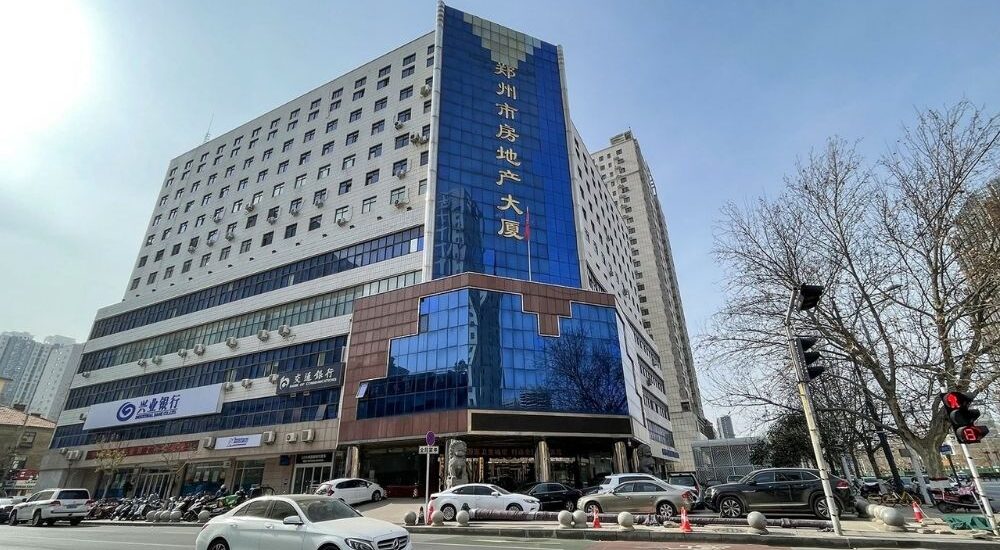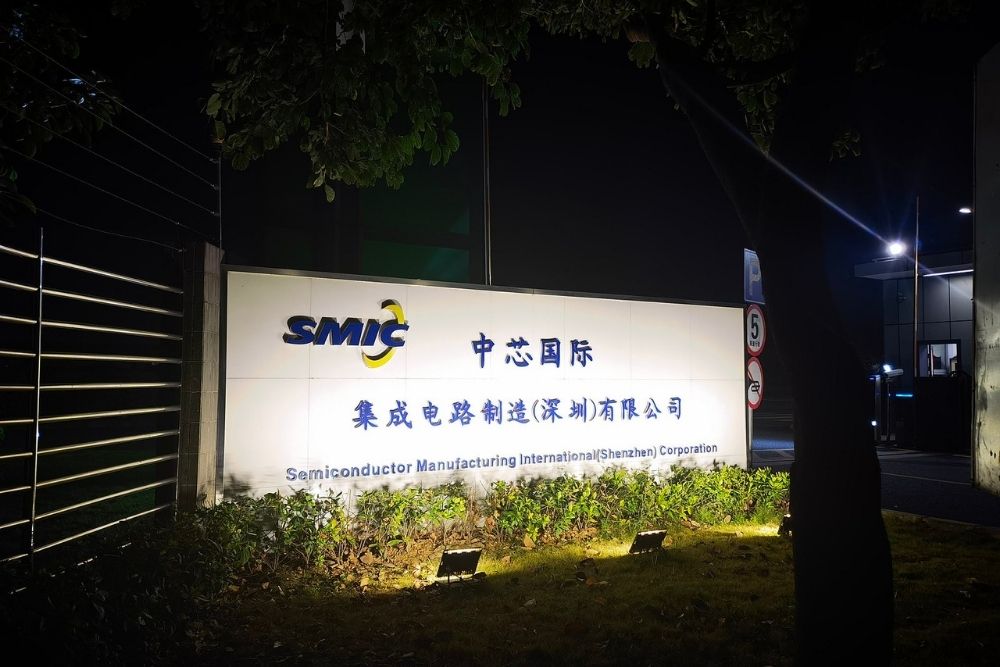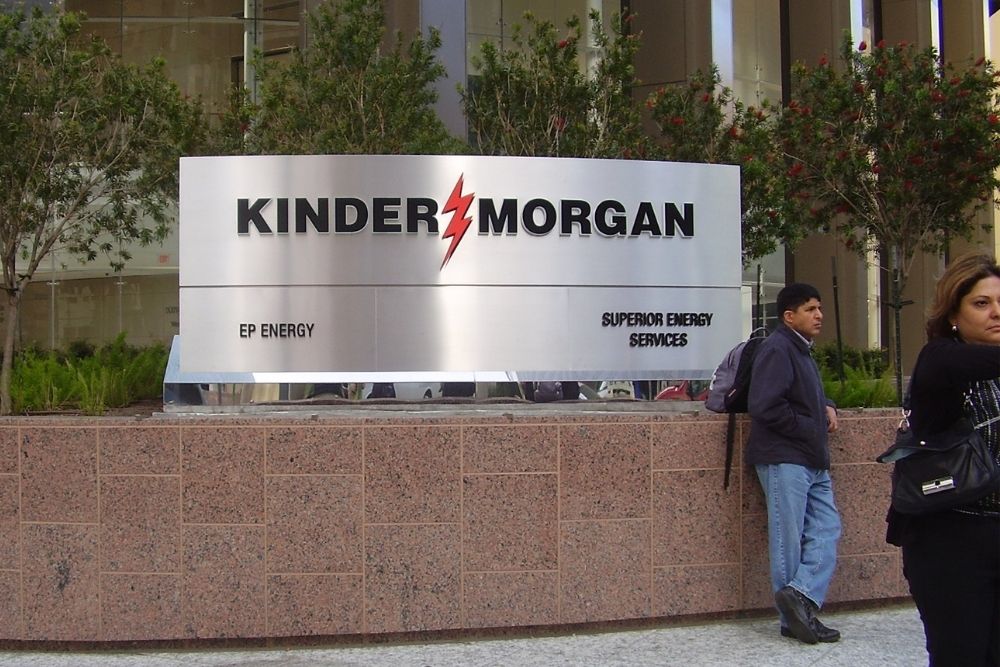Impact of China’s measures to heal property sector could have limited effect
- September 11, 2023
- Posted by: Quatro Strategies
- Categories: China, Sanctions & Regulation

China’s latest measures to support its ailing property sector, including lowering interest rates on existing mortgages and easing rules for first-time buyers in big cities, are aimed at boosting consumer spending. However, the impact of these rate cuts on consumer spending may be limited due to various factors.
While lower mortgage rates can reduce the financial burden on households, many consumers remain cautious about spending due to a dire economic outlook and a lack of longer-term reforms in areas such as pensions and healthcare. This caution stems from concerns about job stability, income growth, and uncertainties in various aspects of their financial well-being.
State-owned banks have also lowered deposit rates to prevent profit margins from shrinking further. These coordinated moves to lower deposit rates offset some of the benefits of lower mortgage rates for consumers. For example, while mortgage rates for first homes are around 4%, one-year fixed deposit rates are roughly 1.5%.
The net result is a redistribution of income, where some consumers may see reduced mortgage payments, but they also earn less interest income on their deposits. This may not significantly boost their overall spending power.
Analysts estimate that the mortgage rate cuts could save borrowers a substantial amount annually, but the reduction in interest rates on Chinese households’ significant deposits also reduces interest income for depositors.
Ultimately, the main constraint on increasing consumer spending in China is people’s income. To stimulate more significant spending, there is a need for broader economic reforms that lead to higher incomes and greater job security. While measures to stabilize the property market have merit, they may not be sufficient to drive substantial increases in consumer spending.
In summary, China’s efforts to boost consumer spending through lower mortgage rates are constrained by broader economic factors, including income levels, job security, and the overall economic outlook. While these measures may provide some relief to homeowners, they may not result in a significant increase in overall consumer spending.
Interested in learning more?
Sign up for Top Insights Today

Top Insights Today delivers the latest insights straight to your inbox.
You will get daily industry insights on
Oil & Gas, Rare Earths & Commodities, Mining & Metals, EVs & Battery Technology, ESG & Renewable Energy, AI & Semiconductors, Aerospace & Defense, Sanctions & Regulation, Business & Politics.



